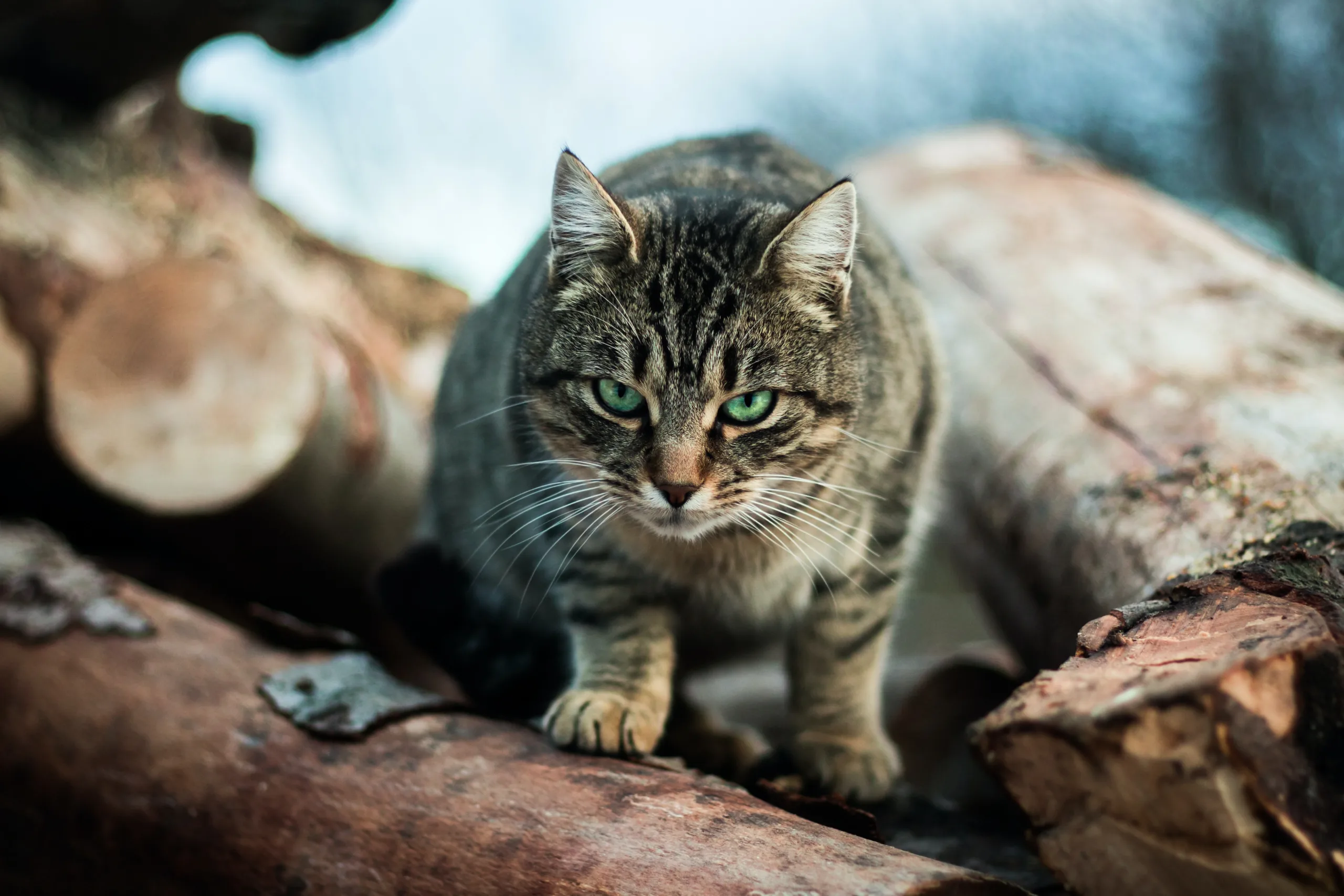Introduction
At What Age Do Male Cats Start Spraying? Male cat spraying, also known as marking, is a behavior that can be frustrating for cat owners. This behavior involves the release of a strong-smelling urine spray on vertical surfaces, such as walls or furniture. While female cats can also spray, male cats are more likely to engage in this behavior due to their territorial nature. In this comprehensive guide, we will explore when male cats start spraying, factors that trigger this behavior, effective ways to prevent it, and how to manage the situation if it arises. Understanding male cat spraying can help pet owners provide a harmonious living environment for both their feline friend and themselves.
For more about cats click here
At What Age Do Male Cats Start Spraying?
Male cats typically start to show signs of sexual maturity and the potential for spraying at around 6 to 12 months of age. This corresponds to the time when they reach sexual maturity and are biologically capable of mating. However, it’s important to note that individual cats may vary, and some male cats may start spraying earlier or later than this range.
How Do You Know When a Male Cat is Going to Spray?
Recognizing the signs that a male cat is about to spray can help pet owners intervene before the behavior occurs. Some common signs include:
- Tail Quivering: The tail may quiver or shake right before the cat starts spraying.
- Elevated Tail: The cat may hold its tail high, exposing the anal area, as a prelude to spraying.
- Backed-up Posture: The cat may adopt a backed-up posture against a vertical surface, often with its tail twitching.
- Scratching Behavior: Male cats may scratch the ground or nearby surfaces before spraying, as a way to mark the area.
- Vocalizations: Some cats may make vocalizations, such as yowling or meowing, before spraying.
How Do You Stop a Male Cat from Spraying?
Preventing or addressing male cat spraying requires a combination of strategies:
- Neutering: Neutering (castration) is one of the most effective ways to reduce or eliminate male cat spraying. Neutering before sexual maturity can prevent the behavior from developing.
- Environmental Enrichment: Provide your cat with plenty of mental and physical stimulation, such as interactive toys, scratching posts, and play sessions. A stimulating environment can reduce stress and the urge to mark territory.
- Litter Box Management: Ensure that the litter boxes are clean and placed in quiet, accessible locations. Having multiple litter boxes in different areas of the house can also prevent territorial conflicts.
- Limit Exposure to Stray Cats: If there are outdoor cats or strays in the vicinity, limiting your cat’s exposure to them can help reduce territorial instincts.
- Consulting a Veterinarian: If spraying continues despite efforts, consult a veterinarian. Medical issues, such as urinary tract infections, can sometimes lead to inappropriate urination, which may be mistaken for spraying.
Do All Male Cats Spray in the House?
Not all male cats will spray in the house. While male cats have a higher likelihood of spraying compared to female cats, many factors influence whether a specific male cat will engage in this behavior. Neutering at an early age, proper socialization, a stable and stress-free environment, and addressing any potential triggers can significantly reduce the chances of a male cat spraying indoors.
How Likely Is It for a Male Cat to Spray?
The likelihood of a male cat spraying depends on various factors, including:
- Hormonal Status: Intact (unneutered) male cats are more likely to spray due to their territorial and mating instincts. Neutering significantly reduces the likelihood of spraying.
- Social and Environmental Factors: Cats that live in multi-cat households or are exposed to other cats outdoors may have a higher likelihood of spraying due to competition for territory.
- Stress and Anxiety: Cats experiencing stress or anxiety, such as changes in the household, new pets, or unfamiliar environments, are more prone to spraying.
- Territorial Disputes: Male cats may spray to mark their territory and communicate with other cats. Territorial disputes can increase the likelihood of spraying.
FAQs
1. At what age do male cats start spraying?
Male cats typically start showing signs of spraying behavior at around 6 to 12 months of age, when they reach sexual maturity.
2. How do you know when a male cat is going to spray?
Signs that a male cat is about to spray include tail quivering, an elevated tail, backed-up posture, scratching behavior, and vocalizations.
3. How do you stop a male cat from spraying?
Effective strategies to prevent male cat spraying include neutering, environmental enrichment, proper litter box management, limiting exposure to strays, and consulting a veterinarian if the behavior persists.
4. Do all male cats spray in the house?
No, not all male cats will spray in the house. Neutering, socialization, a stable environment, and addressing triggers can reduce the likelihood of spraying.
5. How likely is it for a male cat to spray?
The likelihood of a male cat spraying depends on factors such as hormonal status, social and environmental factors, stress, anxiety, and territorial disputes.
Conclusion
Male cat spraying is a behavior rooted in territorial instincts and sexual maturity. While it can be challenging for cat owners, there are effective strategies to prevent or manage this behavior. Neutering, creating a stimulating environment, proper litter box management, and addressing stressors can significantly reduce the likelihood of male cat spraying. By understanding the triggers and potential solutions, cat owners can create a harmonious living environment for both their furry friend and themselves.
